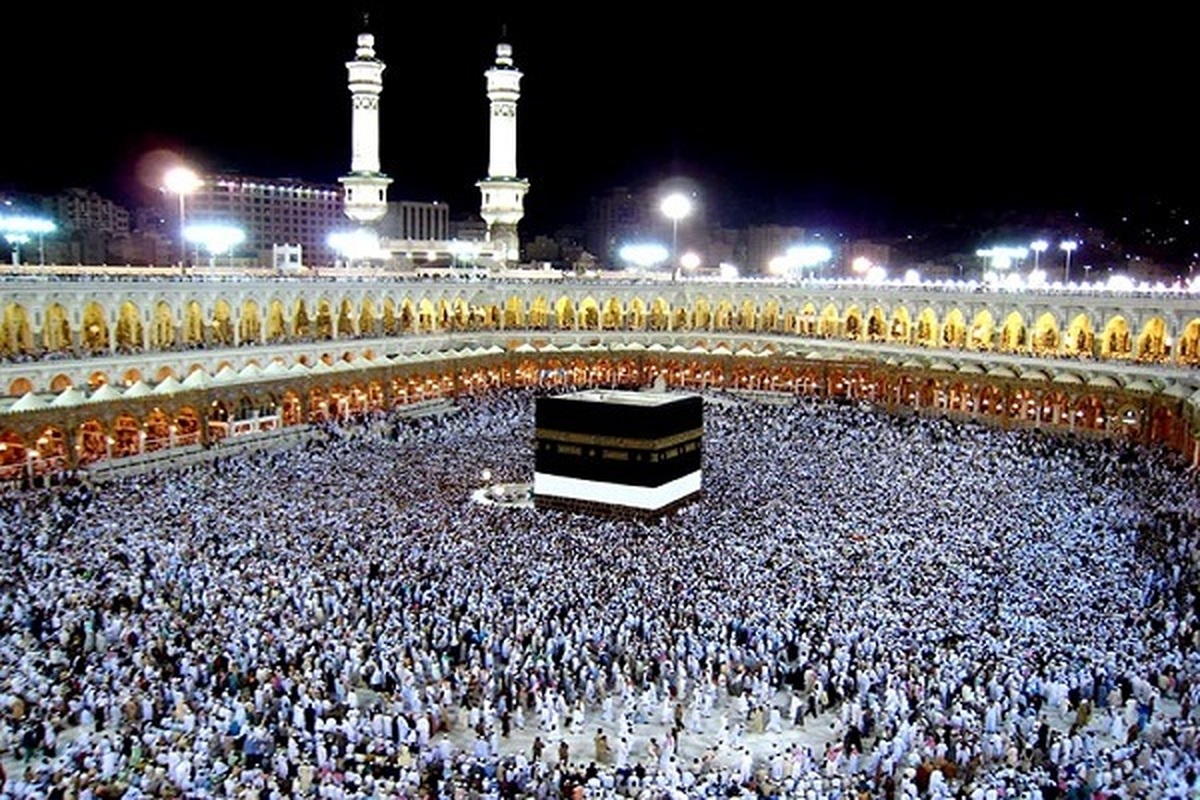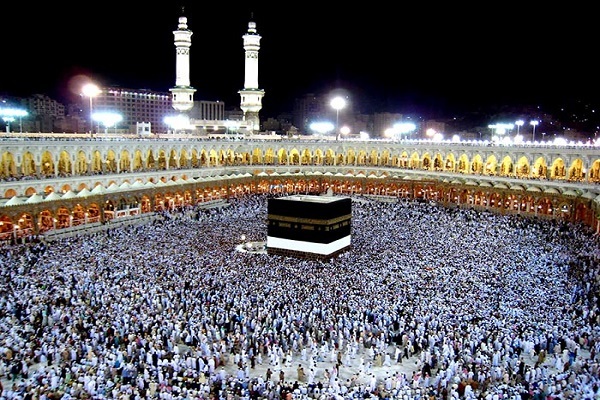Universal Call to Hajj in Quran: From Unity to Spiritual Benefit


The Quran says in Verse 28 of Surah Hajj, “…to see their benefits, commemorate the name of God during the appointed days…”
This verse clearly speaks of the noble purposes of Hajj. These purposes have both worship and non-worship dimensions; both remembrance of God and benefiting from advantages.
As explicitly stated in this verse, people are invited to the House of God to witness their own benefits, benefits which Imam Reza (AS) considers to include all the inhabitants of the earth, whether those who perform Hajj or others.
These benefits are described in absolute terms and are not limited to any specific aspect. Some commentators, such as Ibn Abbas, have interpreted them as material and commercial benefits, based on another verse, namely Verse 198 of Surah Al-Baqarah: “There is no blame on you in seeking bounty from your Lord…”
Some have considered the benefits to be purely spiritual. However, in reality, these benefits encompass both worldly and hereafter aspects. That is, they include all spiritual blessings and material results, individual and social advantages, as well as political, economic, and ethical philosophies. The main reason for this view is the unrestricted wording used in the verse, which is not limited to either worldly or otherworldly benefits.
The great season of Hajj can serve as a center for awakening individuals who are living under oppressive conditions and facing hardship. During this journey, Muslims, in addition to demonstrating Islamic unity, can connect with one another and become informed about the situations and political news of other countries.
Moreover, the declaration of Bira’at min-al-Mushrikeen (disavowal of disbelievers) during the Hajj ceremony, based on Verse 3 of Surah At-Tawbah, “This Announcement from God and His Messenger is to be made to the people on the day of the great Pilgrimage; God and His Messenger have declared no amnesty for the pagans,” reflects the political dimension of Hajj and can serve as a venue for announcing the overarching policies of the Islamic community.
In brief, Hajj is a form of worship where the soul is purified through the remembrance of God, the intellect is enlightened through lessons learned, the body is strengthened through discipline, and the community is empowered through unity, awareness, and recognition of its adversaries.


